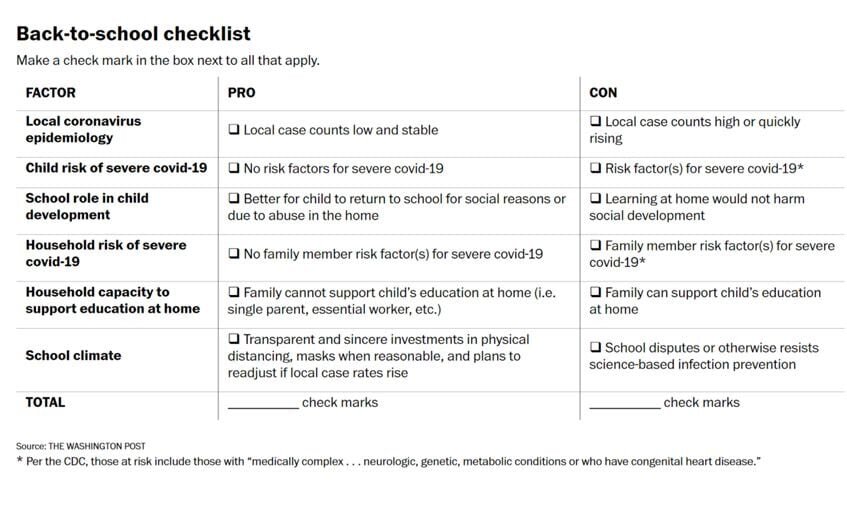Gratitude, too, will guide me. I am grateful for the connections I made in 2014: my wonderful patients, an inspiring troupe of medical educators, our vibrant hospital ethics committee, and a motley cast of Twitter characters. I cannot imagine better company in 2014.
Happy New Year!
* PS Shortly after I posted this article, I was pained to see a crowd of science writers whom I respect sit in rather snarky judgment of another excellent writer (and my former editor), Bora Zivkovic.
Way back in 2013, Zivkovic had apologized (imperfectly) when accused of sexual harassment by more than one female science writer. As New Year's Day unfolded, Zivkovic's story looked like a hunk of red meat amid a pack of wolves. Much as it had in fall 2013.
There were many reasonable-sounding justifications for the public flogging: sexual harassment must be stomped out, Zivkovic appeared to want to make a fresh start without making enough apologies to satisfy everyone, this was a pattern that exemplifies the male power structure in science, etc etc.
What reasonable person would argue these points? What emerging science writer would dare raise his or her voice amid all that certainty, and blood? Such a person risks being lumped with perpetrators, surely.
Yet silence is not always golden. What was lost amid the din was the idea that there are more effective and more humane ways of rectifying such wrongs than a Twitter hanging. Some writers wrote they were done hearing from not only Zivkovic but a friend who supported him. "They're dead to me," that writer and her supporters seemed to say. Others, most of them not at least publicly victims of the behavior of which Zivkovic is accused, critiqued whether his apology felt ... apologetic enough.
For all involved, I hope this private problem can have a private fix. I just don't see how this public excoriation helps anybody. Certainly decrying sexual harassment in public can do good: it may well discourage other perpetrators and help define what is and what is not harassment. This is the core story to which the public dialog should hew. But this public mastication and remastication of one man's sin went beyond PSA - it looked to me like bloodlust and distracted from the main story.
Instead, private apologies and a private plan for prevention seem the way to salvage some good from this story. Most importantly, any victims (identified in public or not) should have the opportunity to hear an apology and some assurances that harassment will not recur. I get the sense from Zivkovic's writing that he is willing to make such amends and hope this indeed occurs at least to some degree of satisfaction of those he harmed.
What should the rest of us do with our typing fingers while such things occur in private? Get a PSA out there, for sure. Learn. Listen. Consider if we could commit that same sin and how we might avoid it. Most of this can occur with mouths shut and fingers still. (See Bruni, above.) And then: we move forward.
When identifying a sin such as Zivkovic's, it is too easy to think of him as equivalent to and nothing more than the sin itself. Without considering the full scope of his humanity and his personhood, we essentially commit a second sin. It's an easy sin - we make a joke, we pass judgment, we block a Twitter account. No one of these acts is a major problem. But I worry about a society build on such a foundation.
Some would say such protestations enable the original sin itself. That whatever is done in the defense of those wronged women is fair game. This is the game of empowered white men, goes the screed. They should be quiet and take their licks. It is the turn of the downtrodden to rise up and take the stage.

![[ M U R M U R S ]](http://images.squarespace-cdn.com/content/v1/51efa33ce4b09afa04cb2a66/1376911411704-LDY4UEIH1WRGPUXTMLJU/Logo.jpg?format=1500w)















